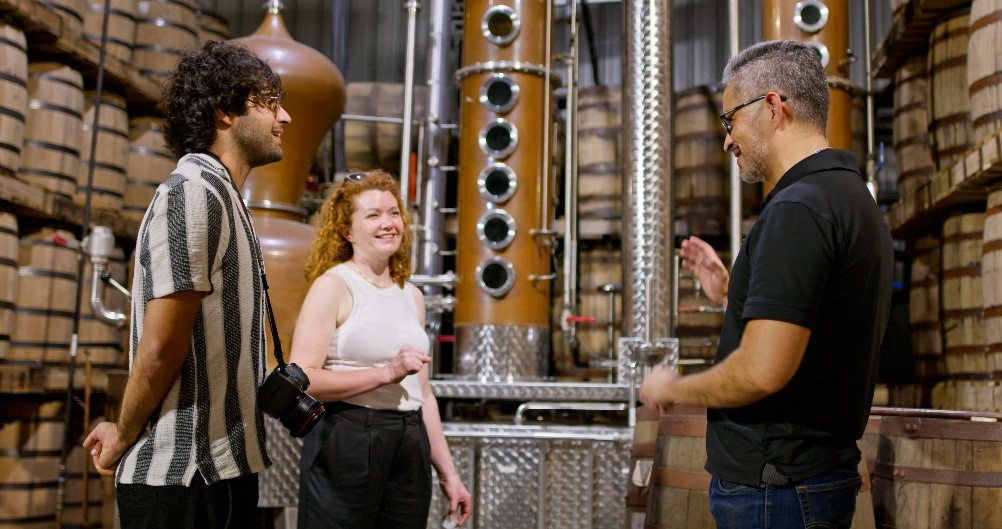A Toast to Tradition with Help from Natural Gas

Whether it’s a 20-year single-malt Scotch or a beer from the local grocery store, you might not realize the role natural gas plays in making your favorite drink possible. Behind every bottle and pint, natural gas is the quiet hero that makes it all happen.
As we celebrate National Scotch Day, it’s the perfect time to raise a glass to the essential ingredient in the world of spirits: natural gas. For distilleries and breweries, natural gas is the fuel of choice.
Why natural gas? It’s simple: natural gas is dependable, cost-effective and efficient. Most distilleries and breweries rely on natural gas to keep things brewing along, ensuring their breweries have reliable – and affordable – energy. It delivers the steady, controllable heat that is needed to craft Scotch, along with many other types of alcohol. But natural gas usage doesn’t stop at the stills and brew kettles. It also powers lighting, keeps the right temperatures for optimal quality, and powers runs packaging lines to ensure a consistent product from the first step to the final pour.
Making Scotch whisky, for example, involves several careful steps but it’s the distilling part that depends on steady, controlled heat from natural gas. Distilleries heat a mix of water and grain to create alcohol, then use heat again to purify and concentrate it through a process called distillation. Many distilleries use natural gas boilers and burners to heat their stills because it’s fast, efficient, and clean burning. Behind every sip is the stable heat of natural gas, guiding the process from start to finish.
Natural gas isn’t just about tradition, it’s about innovation. Distilleries like Jim Beam are turning to new technologies in their production processes by turning their own production leftovers into renewable natural gas, blending it into their energy mix. This not only helps cut down on emissions but also ensures the same quality that Scotch enthusiasts know and love.
Many breweries are also investing in energy efficient technologies to get the most out of natural gas and move toward a more sustainable future. By upgrading to higher efficiency boilers, implementing heat recovery systems and perfecting process controls, breweries that rely on natural gas can significantly reduce their energy consumption and emissions associated with traditional brewing operations.
The distilling and brewing industries are increasingly exploring renewable natural gas (RNG) produced from waste products, further supporting sustainable practices in alcohol production.
So, this National Scotch Day, as you raise your glass (if you choose to partake), take a moment to appreciate the natural gas that fuels every celebration. From the first grain to the final pour, natural gas is behind every “cheers.”
